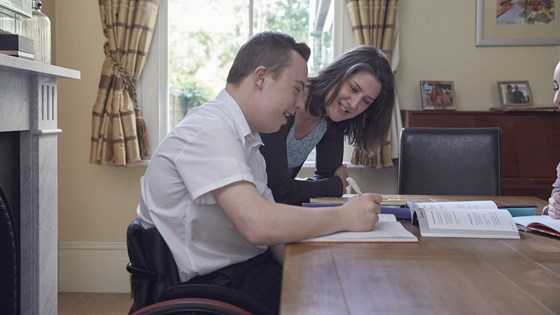Problems in Care
If you're experiencing problems in care then you're not alone, there are always people you can turn to.
You may want to see your family more, or be unhappy with how your foster parent or carer or care homes staff are treating you. Maybe you want to leave care.
You could feel worried about upsetting your carer but you have the right to be happy.
However you’re feeling there are people who can help you.
- Your social worker – If you have any issues in care then you can always tell your social worker. You can ask to speak to them in private. It’s their role to make sure that you’re looked after properly.
- Your Independent Reviewing Officer – If you aren’t happy with your social worker or have reported something to them and aren’t happy with the outcome, then you can report to your independent reviewing officer. They can review what’s happened and decide on the best way forward. Your social worker should be able to tell you how to contact them.
- An Advocate – These are independent organisations who support young people in care. They can give advice and help you if you have a problem or reported a concern and aren’t happy with the outcome. They are independent which means they are much more able to challenge things like policy decisions.











